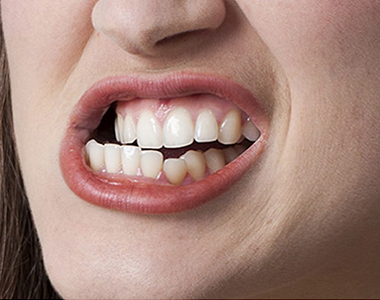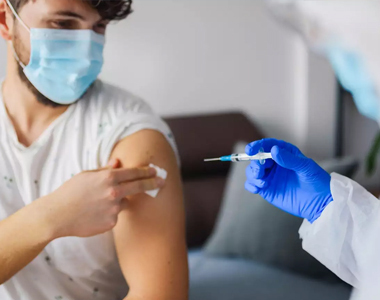Oral health is essential to your overall health. Throughout the COVID-19 pandemic, your dentist has been working to put your health and safety first by taking extra steps to prevent the spread of COVID-19 in the dental office.
1. COVID-19 Vaccines are Safe and Effective
As doctors of oral health, reliable scientific information is important to us when recommending treatments for our patients. While these vaccines were developed in a shorter time frame than some other vaccines, it’s important to know that the science behind them was not rushed. These vaccines were tested by thousands of people to make sure they work and are safe for patients. The Food and Drug Administration reviewed the data from the tests and authorized them for emergency use after determining they are safe and effective for the public.
The CDC has set up expanded safety monitoring systems like the V-Safe smartphone tool to monitor vaccinations in real-time, as an additional safety measure.
2. The Vaccine has some side effects
COVID-19 vaccines cannot give you COVID-19. They might, however, come with some side effects that make you feel uncomfortable for a short time.
Because vaccines teach your body how to recognize and fight off a COVID-19 infection, you might feel some of the symptoms you’d get if your body were fighting off the real virus, such as a fever, according to the CDC. While unpleasant, this is a sign the vaccine is working in your body.
3. You Should Still Get the Vaccine Even If You’ve Had COVID-19
Those who have recovered from COVID-19 have some natural immunity that may protect them from getting sick again, but some people get re-infected. It’s unclear how long natural immunity to COVID-19 lasts and it can vary from person to person. The CDC recommends that people who’ve had COVID-19 still get the vaccine.
4. Get All Recommended Doses
If you are receiving the Pfizer or Moderna vaccines, you need two doses to get the same level of efficacy seen in the clinical trials. For the Pfizer vaccine, the second dose is recommended three weeks after the first. For the Moderna vaccine, the second dose is recommended four weeks after the first. And if you get the Johnson & Johnson vaccine, you only need a single dose.
5. Vaccine Supply Is Increasing
While the first available doses of the vaccine were set aside for healthcare workers and other essential workers, the federal government has called for the vaccines to be available to all U.S. adults by April 19, which means you’re likely eligible now. Check with your local health department to find out where it is being administered.
6. You’ll Still Need to Wear a Mask
Vaccines are just one layer of protection available in this pandemic, so it’s not time to get rid of your mask indoors just yet. Here’s why: a vaccine will protect you from getting sick from the virus, but it’s not yet known if it will prevent you from spreading the virus to others. That’s why the CDC continues to recommend that people wear masks, wash their hands frequently and avoid crowds even after getting vaccinated. Your dentist will also continue to require masks at your appointment. However, the CDC says fully vaccinated people can now participate in more activities, like traveling and visiting with friends and family inside a home or private setting.
7. You Can Get the Vaccine If You Are Planning to Get Pregnant
Whether you are planning to get pregnant soon or in the future, you should still get the vaccine when it is available to you. The CDC states there is no evidence that the antibodies created from COVID-19 vaccines will cause problems with a pregnancy. The CDC also says there is no evidence that fertility issues are a side effect of the COVID-19 vaccine or any other vaccine.
https://www.mouthhealthy.org/en/dental-care-concerns/covid-19-vaccines


 Review Us
Review Us  Review Us
Review Us 